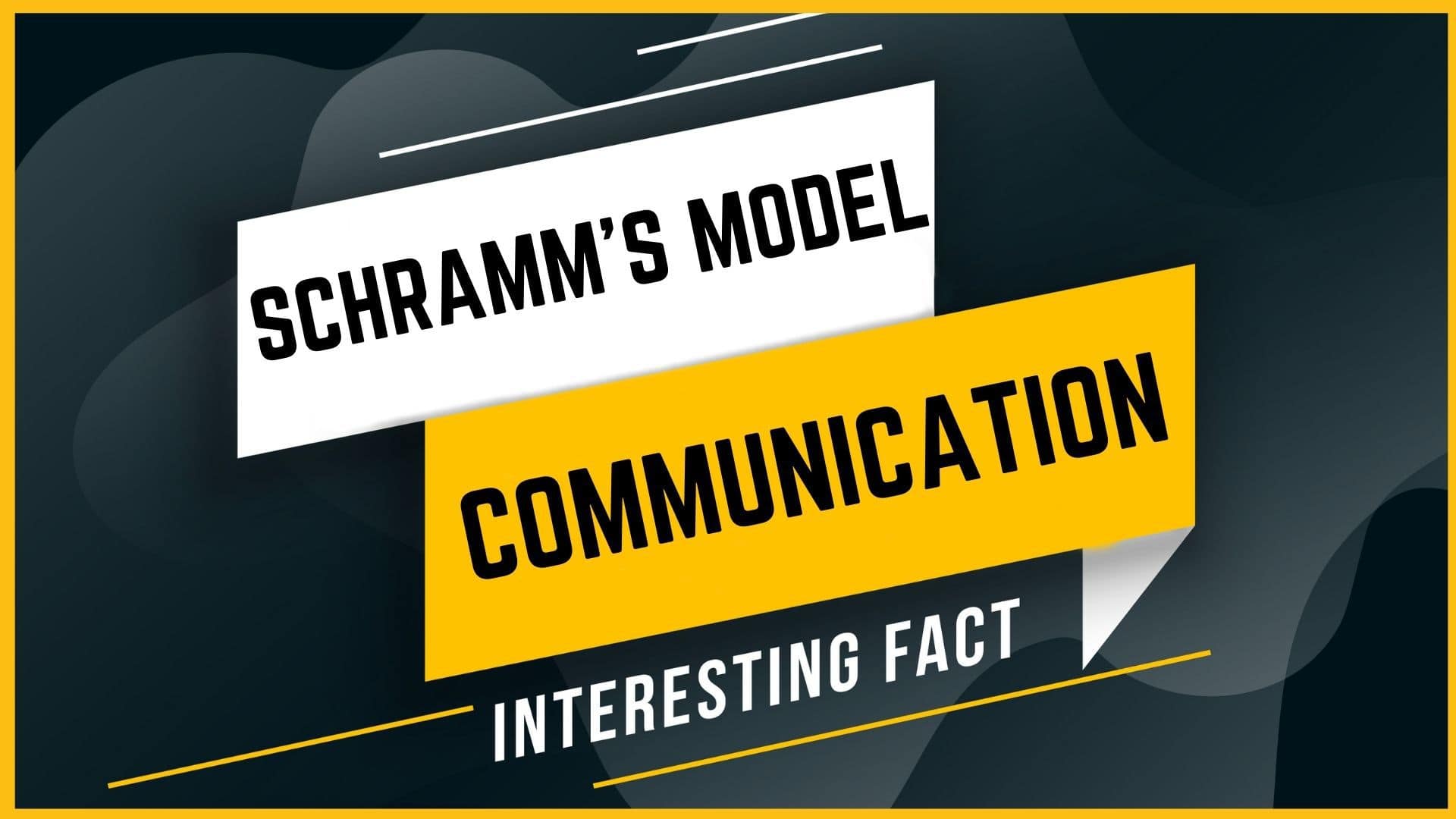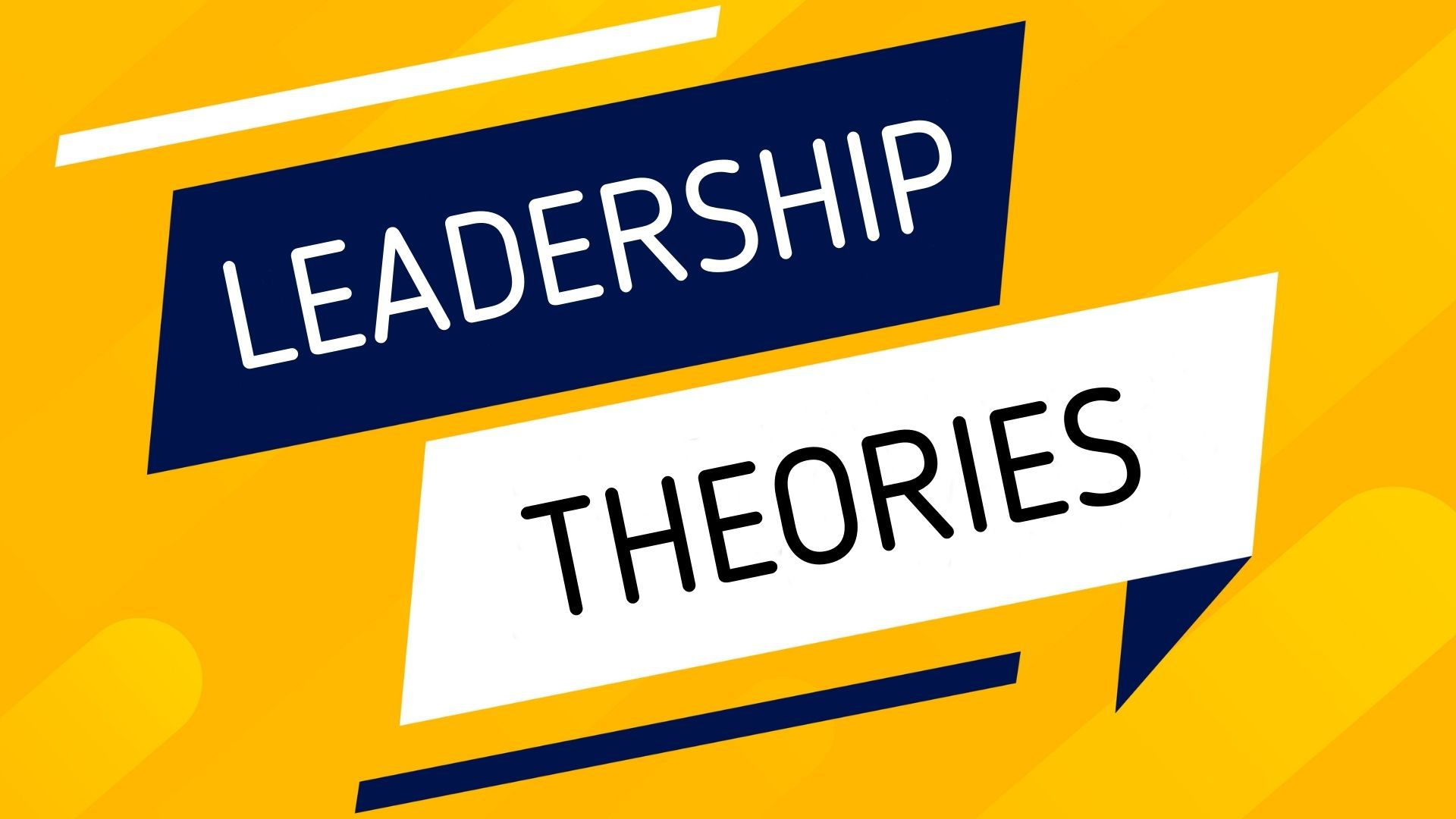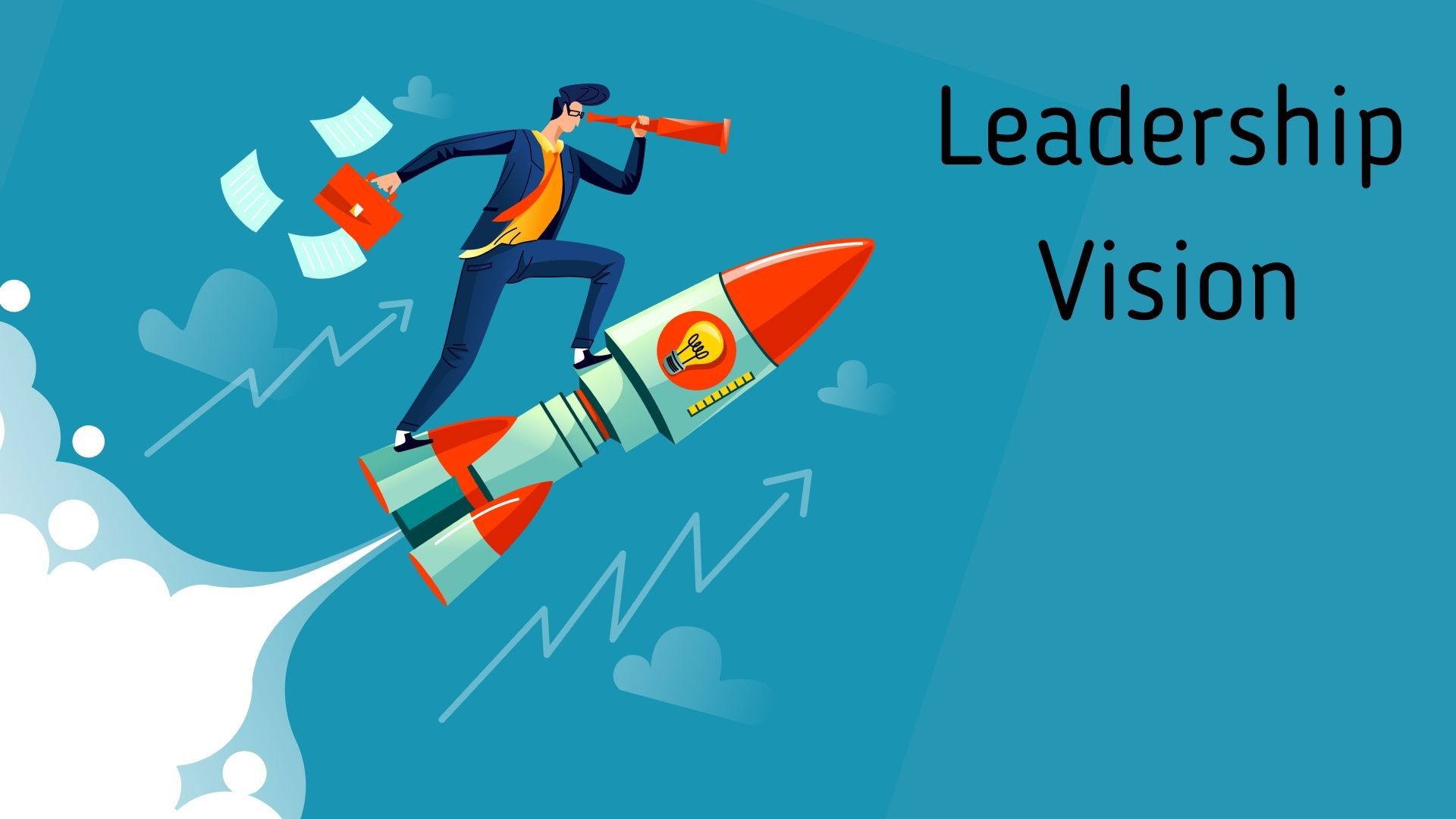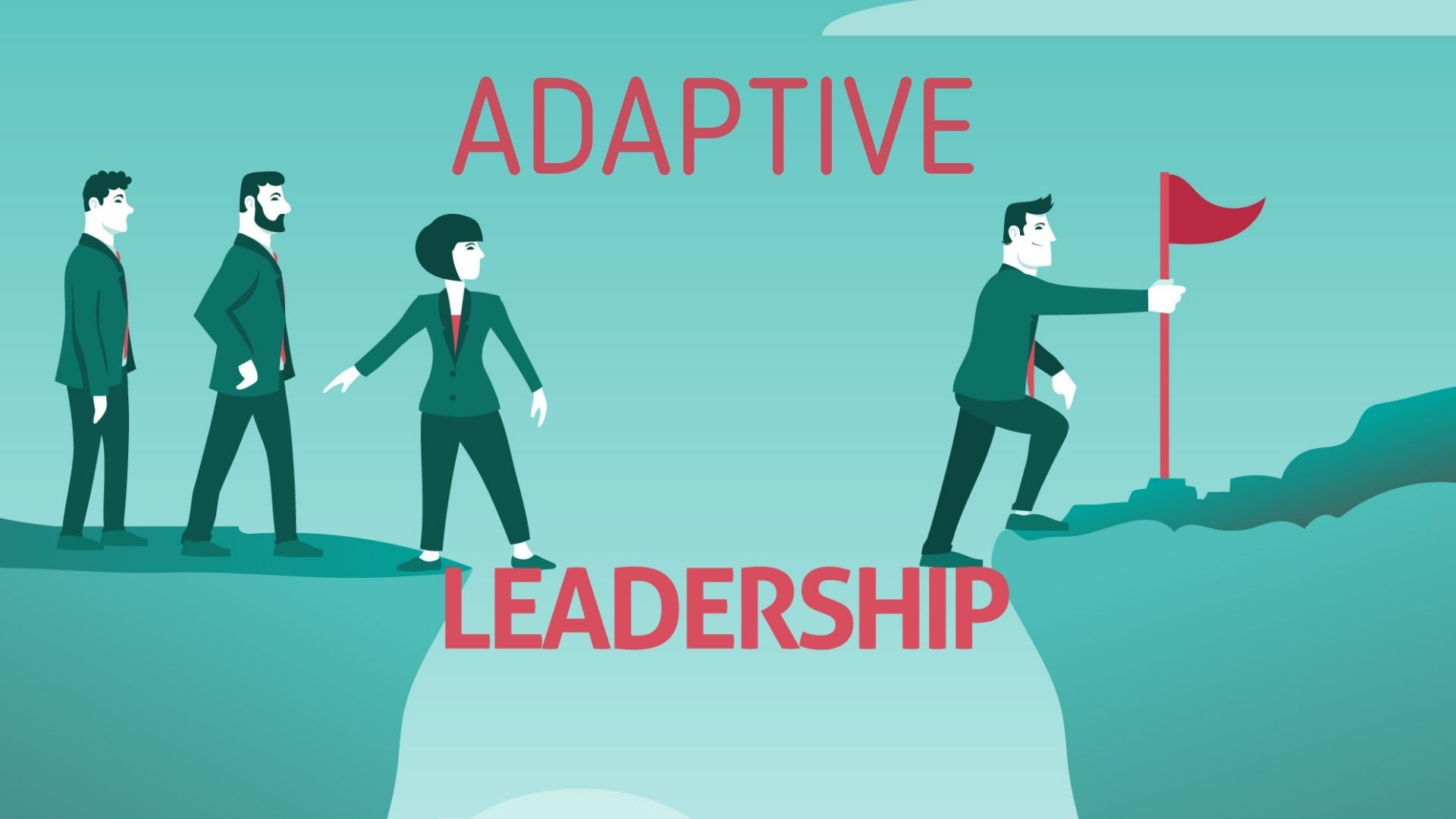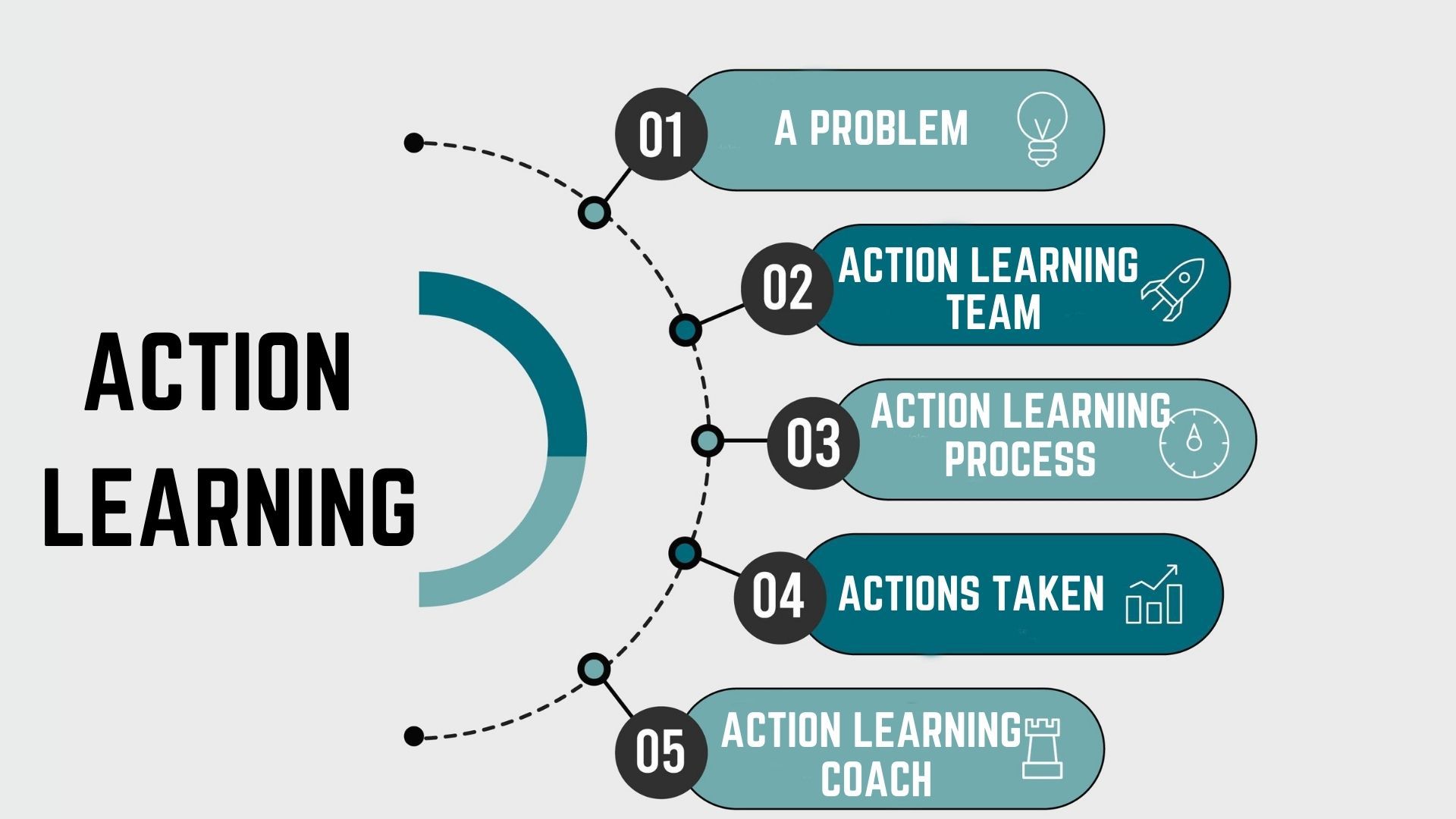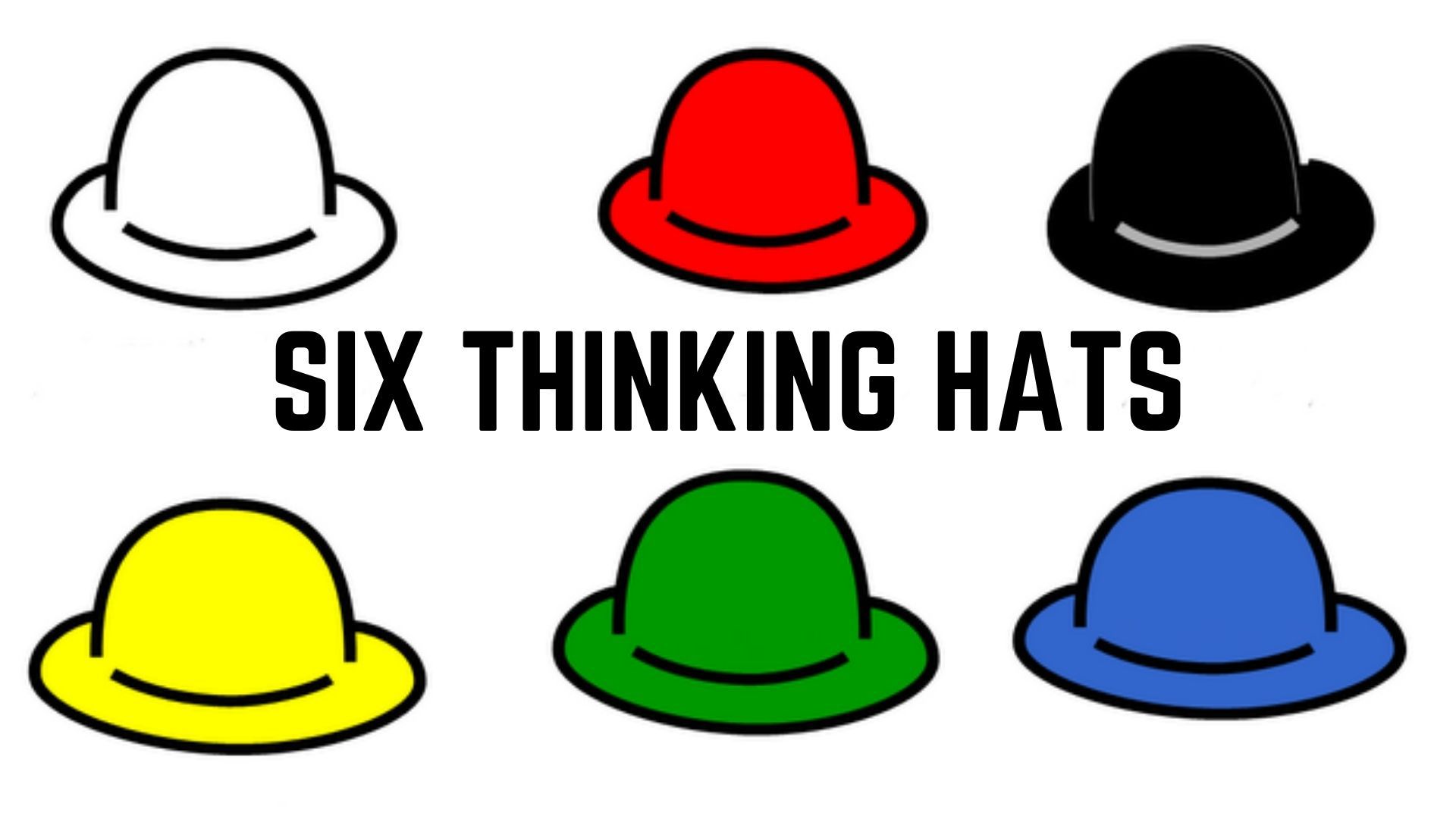Strategic leadership revolves around the abilities of leaders to decide direction as well as the future actions of a business. In the process, they empower…
Management Category
Learn the principles and practices of effective management, including leadership, strategy, and decision-making.
Delegation: Definition, Process, Principles and Tips
Delegation is understood as a fundamental component of any managers’ or leaders’ responsibilities. If utilized successfully, delegation gives genuine advantages to each one included. Delegation…
15 Tips for Leading By Example and being better leader
Leading by example is a common phenomenon that is followed in every organization. For instance, if a boss tells everyone to work overtime, but he…
What is Management System? Definition and Elements
Management system is defined as a systematic view of the entire organization from how it delivers and achieves business objectives. What is a Management system?…
Online Communication – Definition, Types and Skills
Online communication is how people communicate, connect, transact to send, retrieve, or receive information of any kind via the internet using digital media. All the…
Data Collection – Definition, Importance, Steps, Methods and Uses
Data collection refers to the correct and organized way of obtaining studies. It helps you to grab the proper basic knowledge of your area of…
Great Man Theory of Leadership
The Great Man Theory is the theory of leadership that was popularised during the 19 century. The myths of many leaders were the inspiration of…
What are Psychological Barriers?
Psychological barriers refer to the internal belief of a person that stops him from effectively completing a task. It also refers to the emotions, opinions,…
What are Physical Barriers?
The term physical barrier refers to the conditions that act as a roadblock and prevents effective communication. These are easily visible and can take any…
Role of leadership | 9 Roles Every Leader Must Handle
When it comes to accomplishing business or team success, the role of leadership is indisputable. Here it is also essential to understand that true leadership…
Being a Compassionate Leader – Qualities and Importance
“Leadership is not just some empty formulas but establishing a deep connection at soul levels through service, integrity, passion, perseverance, and equanimity.”- says spiritual master…
What is Servant Leadership? Principles and Traits
Leaders who follow servant leadership have the main goal to serve the people. Like Martin Luther King or Mother Teresa or Albert Schweitzer, some of…
Schramm’s Model of Communication | Elements, Advantages & Limitations
This model is also known as the Osgood-Schramm model of communication. Unlike other communication models, this model is a circular or cyclical model that consists…
Strengths-Based Leadership | List of Strengths that Leaders should have
Strengths-based Leadership revolves around professional practices of leading a team by identifying and utilizing your best strength and your team-members’ key strengths. Leadership is one…
Project Implementation – Key Ingredients, Process, Methods and Importance
When a team or an individual is handling a project, it must be perfect, right from the initial planning phase to the final product, without…
Who is an Inspirational Leader? 9 Qualities of Inspiring Leaders
Through inspiration, many big goals can be achieved. It is applicable in every field of life. The corporate world is no exception to this notion….
Different Types of Leadership Theories
Leadership theories play a significant role in deciding how effectively someone directs themselves or their group in accomplishing their goals, thus becoming a successful leader….
Leadership Assessment – Definition, Importance, Tools, Questions and Benefits
Leadership assessment is a process of accurate and objective examination or evaluation of the strengths, readiness, competencies, and shortcomings of an individual handling a leadership…
Leadership Vision – Qualities and Building the vision
Being a visionary is crucial for a successful leader, as a leadership vision is pivotal in maintaining the motivation, momentum, and inspiration of a team. So,…
Adaptive Leadership – Definition, Principles, Examples and Advantages
Adaptive leadership is a practical leadership model which follows an adaptive approach in solving business problems by adapting to changing environments and responding to recurring…
Effective Management | Functions, Characteristics and Tips
What is effective management? Management is an essential part of an organization. Effective management is to manage the organization and drive employees to perform to…
Fiedler’s Contingency Model of Leadership – Definition, Advantages and Limitations
Fred E. Fiedler devised Fiedler’s contingency model or theory of leadership in 1958. It was based on his studies of different group behaviors and the…
What Are Social Barriers? and How to Overcome Them
The social barrier is a term that is used to point at the inequalities that exist between different individuals in a society. The discrepancies are…
7 Powerful Types of Feedback Models
Feedback is referred to as a process where a person in an authority position delivers corrective and evaluative information that is often used as a…
Etiquette: Meaning, Types, Benefits and Basic Rules
Etiquette is defined as formal rules and manners that are considered sacred and acceptable in society. These have been established by convention for a very…
15 Barriers To Change in Organisations you Should Know
The one thing that is certain in life is change as there are bound to be periods where major transitions occur. It will take place…
What are Language Barriers? And How to Overcome Them
A language is an essential tool that assists in expressing feelings and stating facts through a formal system. It is a gift which helps in…
Conflict Resolution – Definition, Importance, Types and Steps
Conflicts are inevitable, and they frequently occur in the workplace as well as in personal lives. With the help of a Conflict Resolution Strategy, an…
What is Action Learning? Definition and Components
Action learning is a process of coming up with creative solutions to deal with or to solve tedious problems faced by an organization, an individual,…
Functional Expert Definition – Importance and Advantages
Who is a Functional Expert? A functional expert is defined as a specialist who is an expert in a particular domain. A functional expert is…
Organizational Climate Definition – Types and Characteristics
Organization climate is defined as the element of a professional environment that has a strong influence on the action and performance of the employees working…
What is Organizational Communication? And Why it is Important
Organizational communication can be defined as a method of conveying and sharing information such as organizational goals, plans used to achieve those goals, policies, rules…
What is Design Thinking? Importance, Advantages & Key Elements
Design thinking can be understood as an iterative procedure in which problem-solvers endeavor to recognize the requirements of the clients/users, challenge their suppositions, and reclassify…
What is Political Organization? Types and Benefits Explained
A political organization is an organization that is engaged in a political process or political activities. It aims to achieve its pre-defined political goals to…
Organizational Conflict: Definition, Types and Advantages
Organizational conflict is defined as a state of disagreement that is caused by perceived or actual opposition amongst the people working in an organization. The…
Decision Trees: Definition, Features, Types and Advantages
Decision trees are the predictive models or visual/analytical Decision Support Tools that utilize a tree-like model of decisions in which predictions are made on the…
What is Analytic Hierarchy Process (AHP) and its Benefits?
When math and psychology are adeptly used for analyzing, organizing, managing, and leveraging complex decision, it is understood as Analytic Hierarchy Process or AHP. Working…
The Top 15 Common Challenges Faced by Entrepreneurs
An entrepreneur is someone who dares to build a business on an innovative idea. He builds his business independently, facing and baring all the risks…
What is Data Analysis? Techniques, Types, and Steps Explained
Process of analyzing, evaluating, cleansing, modeling, and transforming data by utilizing different statistical or analytical tools for finding out some useful information to make helpful…
Six Thinking Hats: Definition, Benefits & Framework Explained
By using the concepts of Six Thinking Hats, you will be able to ensure a secure environment for everyone at a meeting where everyone can…












